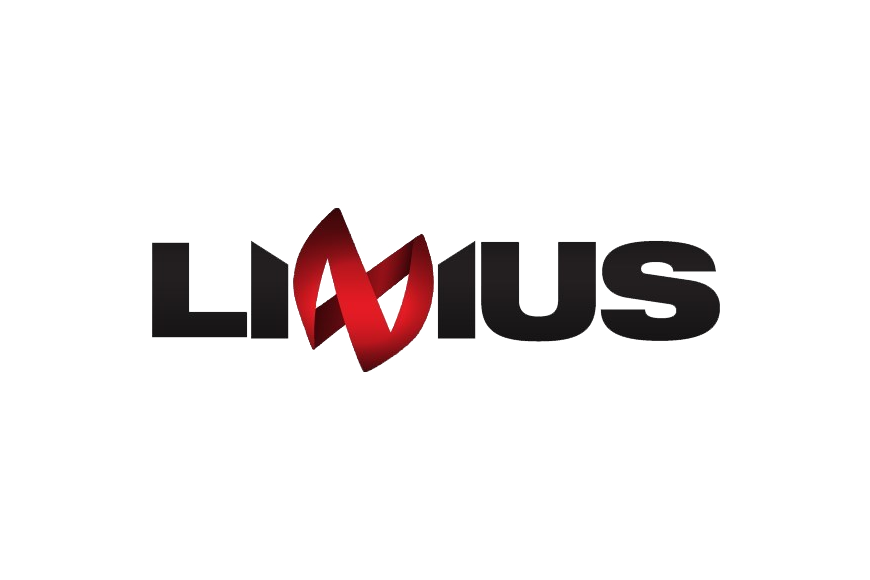Linius Technologies, a cloud-based solution that transforms static video into hyper-personalized video experiences with its world-first Video Virtualization Engine (VVE) – announced it has validated its previously announced blockchain strategy by successfully testing its blockchain technology.
Linius has successfully validated this capability; that virtual video may be embedded in a blockchain, and smart contracts used to control the transactions associated with video files.
“Linius aims to fulfill the promise of blockchain and move beyond cryptocurrencies,” said Linius CEO, Chris Richardson. “We feel this is the natural evolution of our anti-piracy strategy and we aim to use blockchain to protect, distribute and monetize the video itself.”
On December 20th, 2017, Linius announced plans to deliver the world’s first video blockchain, publishing its Linius Blockchain Strategy. The company remains committed to delivering the benefits of blockchain to the video industry.
Potential benefits include:
- Anti-piracy: Video assets and viewers can be validated prior to playing the video, eliminating improper play-out of the video.
- Auditability: Content owners, such as studios, can have complete visibility and control across the entire distribution chain, maintained automatically, removing intermediaries and expanding margins.
- New revenues: Users are sharing content right now, often illegally. Current anti-piracy actions attempt to stop this behavior. The Linius Blockchain accepts this behavior but ensures content owners are paid for it.
The details of the successful test are as follows:
- Linius virtualized several videos of different sizes, stored in the cloud on Amazon S3
- On a private instance of Ethereum (a world leading, blockchain based distributed computing platform), Linius generated a smart contract to control transactions against the virtual video
- Linius then successfully uploaded the virtual video into the blockchain, executed the smart contract transaction (with associated mining), and successfully retrieved a copy of the virtual video based on the criteria of the contract
- That retrieved virtual video was then validated with ISOviewer
“The company believes that this represents a major step forward, in that it validates Linius’ initial thesis regarding virtual video on blockchain,” said Richardson. “With traditional video, a blockchain would be impossibly big. And, the Internet standard video format MP4 does not work in blockchain. Virtual videos are ideally suited to digital assets, which can be recorded, transferred and managed by a blockchain.”
In the coming weeks, Linius intends to have the virtual video playing on a blockchain-aware player. At that point, Linius anticipates hosting a webinar to demonstrate this functionality.
Linius Technologies has invented and patented the Video Virtualization Engine (VVE), which is available on Amazon Web Services, Microsoft Azure and IBM Cloud.
Amazon, Microsoft, and IBM are investing billions in virtualizing ‘video services’ (technologies) and Artificial Intelligence in the cloud. It is arguably the biggest battle on the internet, given that video accounts for nearly 80 percent of internet traffic.
Only Linius can expose the data that makes up the video file, making cumbersome video as flexible as all other forms of data. Accessing the data within the video file is the missing link for video cloud service providers, creating unparalleled value across the internet video industry.
Linius’ VVE-powered Video Hyper-Personalization and Search Solution enables anyone to instantly search the data within video, from across an infinite number of sources, and automatically assemble the results in a single stream on-the-fly. No human hands required.
Linius is revolutionizing the way organizations and individuals across the globe produce, deliver and consume video, enabling previously impossible hyper-personalized video experiences.
It’s solution aims to disrupt entire multi-billion-dollar industries. Linius is initially focused on delivering its Video Hyper-Personalization and Search Solution to six core markets: News and Media, Sports Broadcasters and Rights Holders, Education, Corporate Communications, Security and Defense, and Sports Betting.


















